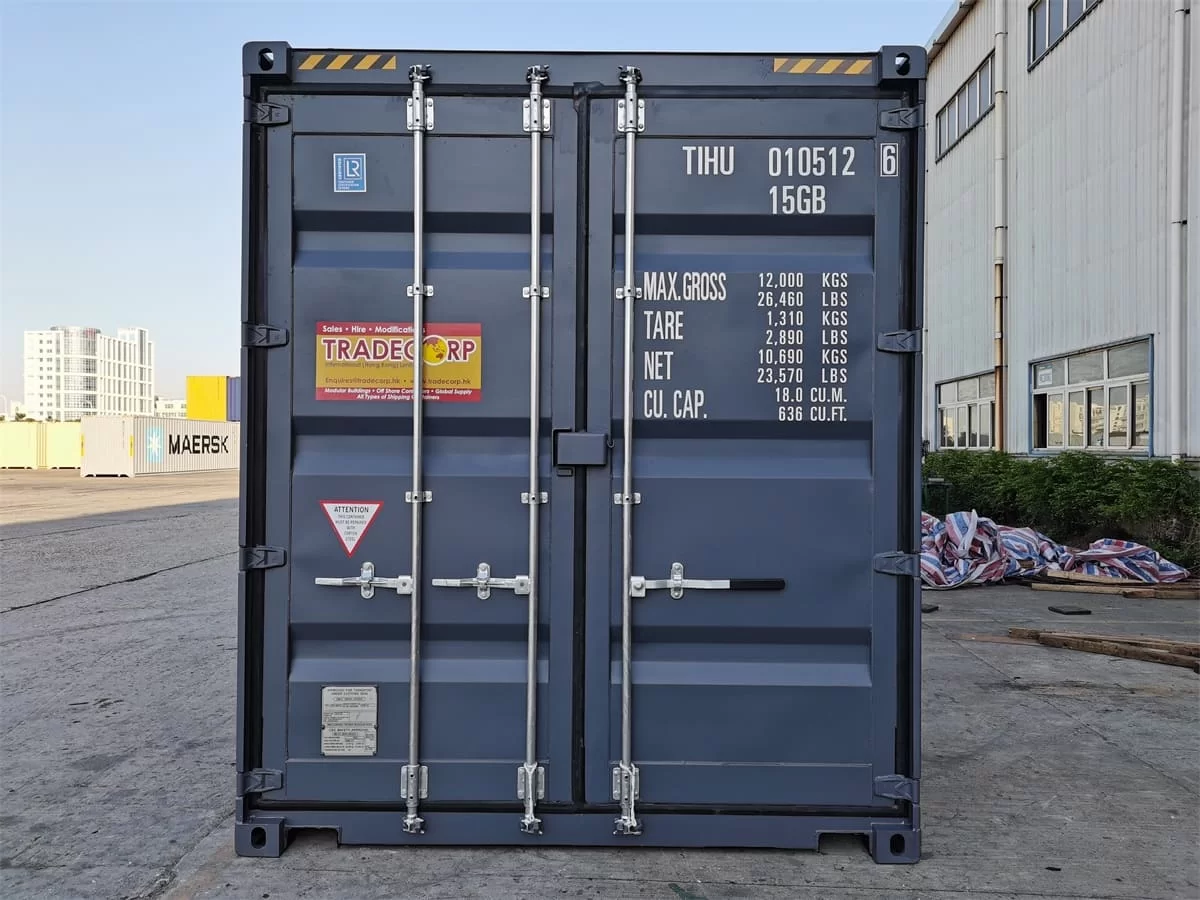Many people rely on shipping containers for safe storage and cargo transport; however, it leads to a high number of shipping container scams. The high number of scams causes common worries about property loss and damage, as well as container fraud.
Shipping Containers Scam’s Background
Shipping container scam is not always the first thing that comes to our thoughts when thinking about fraud.
However, shipping container scammers have perfected their skills over time and have continued to target more victims.
Although the demand is fluctuating, shipping containers are always in demand. They are used for shipping goods, as an alternative storage option, and even used in construction. Even though the demand.
Shipping containers are used for commodity shipment and as an alternative storage option. Therefore, they are always in demand even though the demand is fluctuating.
How do shipping container scams work?

Sometimes there is a rising demand for shipping containers. These con artists in shipping container scams rely on this rising demand to draw clients. Remarkably inexpensive pricing reportedly lured in victims, who were further persuaded using reputable and well-known providers.
After their purchase, containers were not delivered, and customers only understood they had been duped.
How to Avoid Shipping Container Scams
The idea of getting a shipping container at a much lower cost is undeniably tempting, mainly when it’s provided by a company with a good reputation. This is essentially why a worrying number of victims of shipping container scams globally became entangled.
The tough road taught us that when an offer seems overly lucrative, it usually isn’t true. The losses and annoyance endured by numerous other buyers may offer a warning if you’re looking for a dependable shipping container provider.
Users must confirm the company’s identification and investigate its reputation.
Watch out for discounts
In other words, buying shipping containers is an asset and it is costly at the same time. It’s not unexpected that many buyers succumbed to the fraud, believing that they could purchase a 20′ container for under the current price.
As a result, customers lose money from shipping container scams
Inspect the vendors’ credibility
Owning a web and a virtual address are no longer absolute signs of a culprit’s credibility since con artists are becoming more inventive. Buyers must examine the container company’s web address carefully to protect them from falling into shipping container scams.
In order to purposefully mislead clients who are unaware of how identical the website domains can be, except for one or two letters, numerous scammers replicate the information of a reliable company and create a website with similar domain and content.
For a quote, get in touch with them directly. Be sure to record the name and contact details of the contact you speak to, and confirm their affiliation with the business. Last but not least, ensure that each and every transaction is transferred straight into a corporate bank account rather than an individual one before delivering it.
Inquire for customs clearance
Shipping containers were used only to transport cargo prior to being used for alternate purposes like mobile offices and modular warehouse containers. Ensure the shipping container has met all the legal requirements if users are purchasing it for International Freight Shipping.
Request for direct inspection
“Inspect first before purchasing” is an agreeable statement for these following rationales: it gives clients a sneak peek at their goods and an assurance that it’s worth their money. Hence, it is highly recommended to inspect a shipping container before purchasing it.
This ensures that you’re spending money on high-quality containers. In addition, you also have to make sure of the container’s type, size, and delivery.
Discussing with the provider directly also provides you the chance to evaluate their reliability. Avoid any supplier who refuses to allow an examination.
Examine ratings and recommendations.
Last but not least, client evaluations and recommendations are always more truthful and persuasive than any appealing advertisements a provider may run.
For similar reasons, various buyers frequently depend on recommendations from relatives and acquaintances as well as internet evaluations and testimonials.


